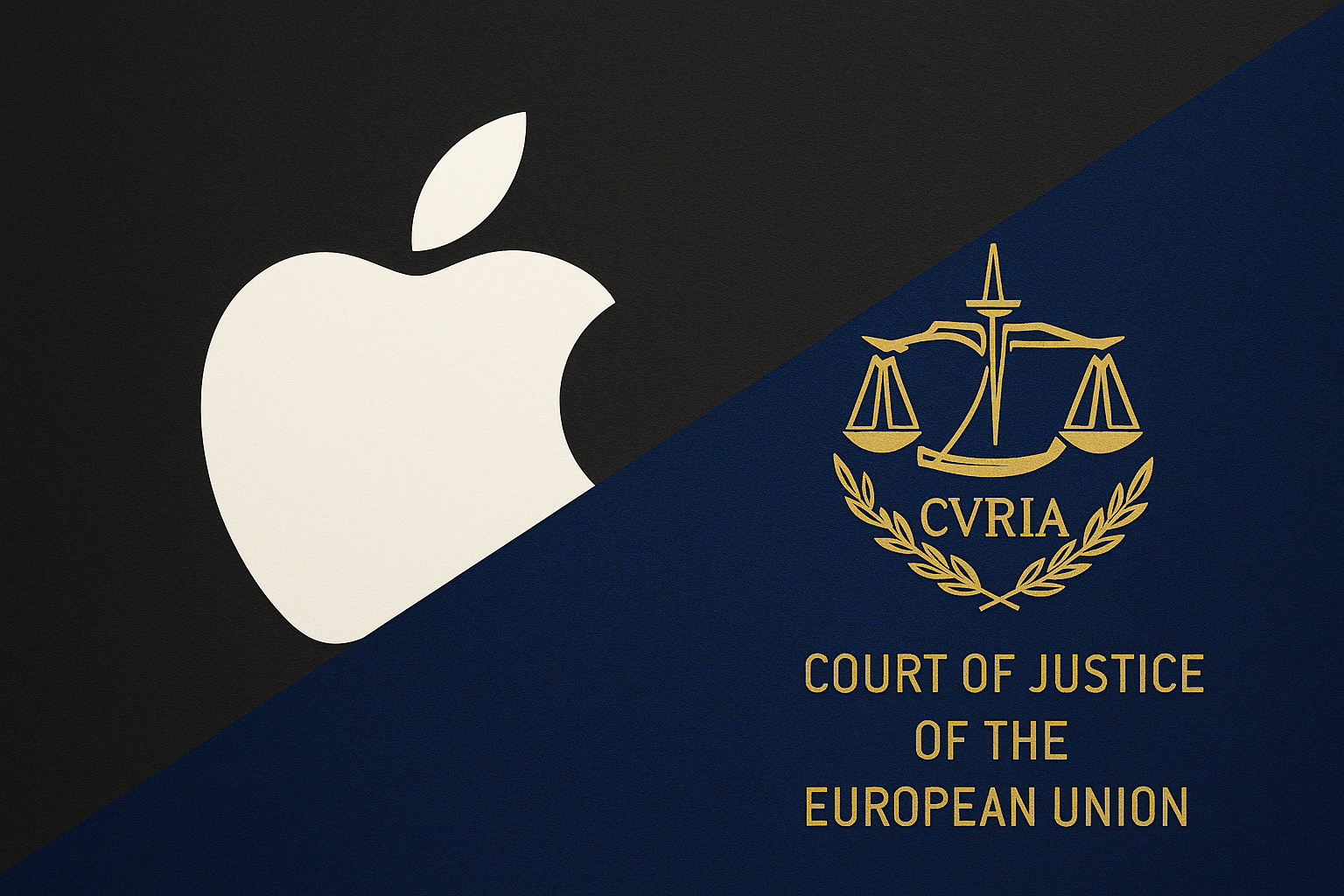[ad_1]

What are business rates?
Business rates are a tax. They are paid by occupants of non-domestic properties typically those occupying commercial or industrial premises. The Valuation Office Agency (VOA) sets the rateable value (RV) for each commercial property at each new revaluation, which in turn determines the amount of business rates liability for that rating list. Local authorities are then responsible for collecting this tax.
A rating list is the period of time in which the VOA sets commercial properties’ RV’s. Commercial property owners and tenants are then charged based on this information. During 2022, this particular tax system came under fire as speculations as to how steep a hike the next revaluation would bring, spiralled.
“Many people – especially in the last few months – say that the business rates tax system is flawed.” Anthony Hughes, Managing Director of RVA Surveyors, said. “As a tax system it works as it is supposed to. Does it need updating? Yes, and quickly. Properties can be lumped together in one band simply because of variables such as geographical location or industry type. It doesn’t fully consider the unique properties of a building or changes during the rating list or all of the variables within leases, leaving commercial property owners and tenants potentially paying higher business rates than they should be.”
Many are unaware that this does not have to be the case. Commercial property owners and tenants are able to contest their business rates if there is evidence that they are being charged unfairly – a fact that the government does not advertise very well.
Based in Manchester, RVA Surveyors are the business rates reduction specialist working across England and Wales. With over 47,000 appointments made to date, and an 85% success rate at Check Challenge Appeal and Audit (CCA – the government process of contesting your business rates), they are uniquely positioned to help commercial property owners and tenants in determining if they are eligible for a reduction.
How will the next rating list affect my business rates?
For the 2023 rating list, the VOA
have calculated that businesses in England and Wales will have a combined RV of £70.3 billion. Around £5 billion more than the 2017 rating list. Business rates consist of a significant portion of the UK’s tax intake and is often considered one of the top three highest costs for any business.
This increase in RV will result in many properties seeing a substantial rise in their business rates liability.
The current rating list (the 2017 rating list) is due to end on the 31st of March 2023, after which commercial property owners and tenants will no longer be able to contest their business rates liability for the current rating list. The government will not tell businesses if they are eligible for a reduction. This is because they must work off the factual information they hold about that property.
“This is where the VOA need to update their method.” Anthony Hughes added. “Improving the business rates tax system is relatively simple. All they need to do is inspect each individual commercial property to ensure that owners or tenants are being charged correctly. Instead, they are often working off outdated information that may have not even been correct at the time.”
Contesting your business rates liability can be a difficult and stressful process when attempting to tackle it alone. How would you even start? What is necessary to include, and what can be left out? Finding the relevant information, ensuring that it is still up to date – which alone can result in having to create an entire new floorplan -, and then navigating the government portal, are just a few of the steps in which people must take to contest their business rates.
“It’s a difficult process,” Hughes said. “If just one piece of evidence is incorrect, it could have a detrimental effect on the case, and current and future liability. We’ve found that almost 50% of those who engage with RVA Surveyors could achieve a reduction. Something that most would not have known, let alone been able to pursue, otherwise.”
[ad_2]
Source link




